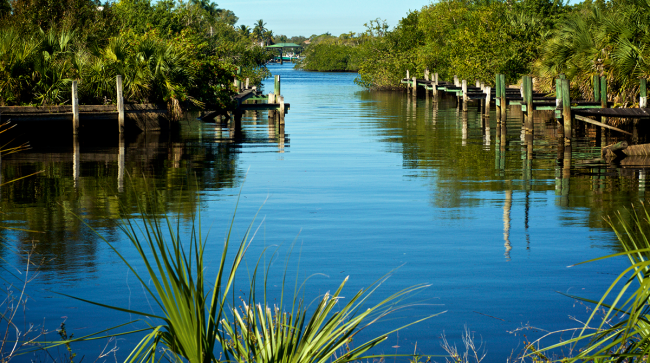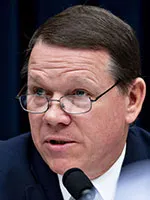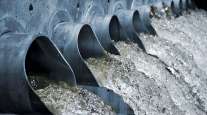Senior Reporter
US House to Debate Water Permitting Bill

[Stay on top of transportation news: Get TTNews in your inbox.]
Legislation meant to expedite the permitting process for infrastructure projects is on the House of Representatives’ schedule for this month.
House Republican leaders indicated that the GOP-led Creating Confidence in Clean Water Permitting Act would reach the floor of the chamber.
Sponsored by senior Republicans on the Transportation and Infrastructure Committee, the bill seeks to update and improve permitting processes included in the Clean Water Act. Specifically, the lawmakers argued the measure would codify existing rules and practices.
The committee on Jan. 31 approved the bill by a party-line vote.

Graves
“The Clean Water Act and clean water support healthy communities and industries across the United States, from farming to fishing to manufacturing,” Transportation and Infrastructure Committee Chairman Sam Graves (R-Mo.) said following the bill’s approval. “Unfortunately, we’ve seen this law weaponized over the years to delay permits and even prevent critical infrastructure and energy projects from moving forward.”
According to an explanatory report prepared by the committee, the legislation “strives to once again find balance within the regulatory and permitting process originally envisioned by the [Clean Water Act] by providing a comprehensive package of common-sense reforms to permitting processes for energy producers, agriculture sector, builders and water utilities.”
“The bill includes necessary reforms to promote regulatory efficiency while increasing transparency and continuing to protect and promote clean water,” per the report, made available by the House Committee on Rules.
Additionally, the bill incorporates elements of the Nationwide Permitting Improvement Act, sponsored by Rep. David Rouzer (R-N.C.). Specifically, this measure would streamline the nationwide permit process. “Time is money, and permitting disruptions are a key cause of infrastructure project delays while driving up the cost at the same time,” said Rouzer, chairman of the Water Resources and Environment Subcommittee.
“The Nationwide Permitting Improvement Act addresses these permitting challenges with common-sense solutions to keep critical projects on time as well as on budget, responsibly utilize our natural resources, and improve our transportation network,” he added.
Permitting delays are stifling important infrastructure projects across the country.
To help improve the timeliness of these projects, I joined members of @TransportGOP in introducing multiple bills to cut red tape, streamline reviews & provide a predictable permitting process.… — David Rouzer (@RepDavidRouzer) January 29, 2024
The committee explained Rouzer’s bill “codifies long-standing, historical interpretation and practice around [nationwide permitting] and provides clarity regarding several areas where challenges have risen against the well-established process.” For several years, senior congressional Republicans have insisted that streamlining the environmental permitting process would assist with paving the way for completing major transportation projects.
Most Democrats on the panel rejected the bill. They insisted the legislation would downgrade aspects of the Clean Water Act. “Unfortunately, the Republican majority also continued their ill-advised attacks on the Clean Water Act. There are genuinely pressing matters facing our nation’s waters and I look forward to investing in our water resources infrastructure in a bipartisan manner by enacting a new Water Resources Development Act this year,” Rep. Rick Larsen (D-Wash.), the panel’s ranking member, said.
The transportation committee’s consideration of the biennial bipartisan Water Resources Development Act of 2024 is likely to occur in the spring, according to the bill’s sponsor.
Want more news? Listen to today's daily briefing above or go here for more info
Various stakeholders, meanwhile, expressed support for the committee-passed legislation. Appearing before the Water Resources and Environment Subcommittee last year, Brandon Farris, vice president of energy and resources policy at the National Association of Manufacturers, affirmed “permitting reform is not about cutting corners.”
“It is about keeping up with the world around us,” Farris went on. “It is about ensuring that this country — a democracy rooted in free enterprise — is not outpaced or outflanked or overtaken by nations that do not share our values, that do not respect the environment or that do not recognize the dignity of human rights.”



